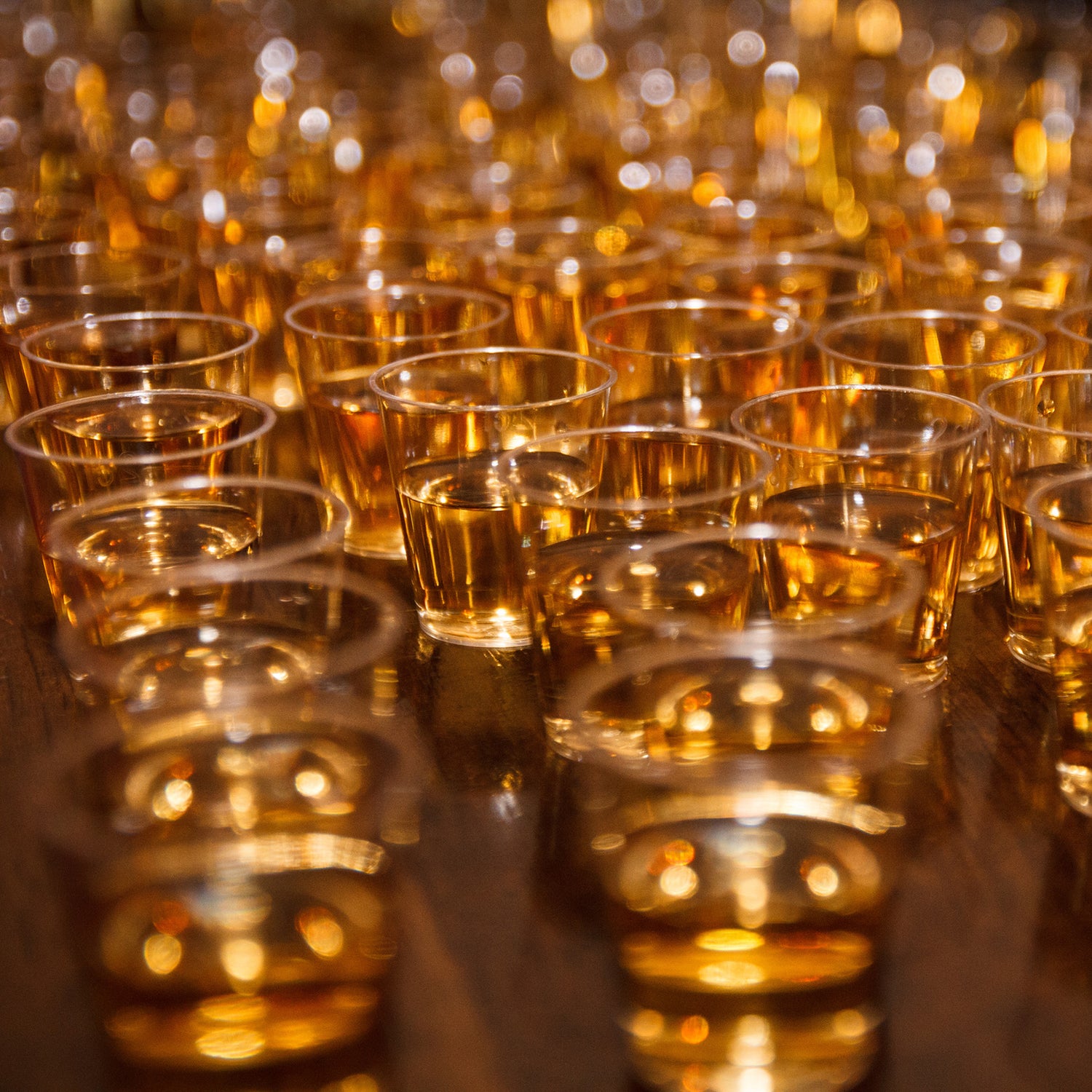Good news: You can now blame one more of your inadequacies on your parents. A forthcoming study in the October issue of suggests that genes determine how we experience the taste of liquor. Translation: It’s not your fault that you secretly swill Bud Light Strawberitas when no one is watching.��
, an assistant professor at Pennsylvania State University’s Sensory Evaluation Center, had 93 people rate the bitterness and burn of an alcohol solution over the course of three minutes. Hayes then analyzed the DNA of each of the study participants. The results show that those with certain variations of the TAS2R13, the TAS2R38, and the TRPV1 receptors reported stronger burning and bitter sensations.��
He’s quick to point out that his research builds on the work of several of his colleagues. Studies from 2004, 2011, and 2012 have all shown that genetic differences may influence levels of alcohol consumption in non-alcohol-dependent people. But “no one had gone in and filled in the gaps—no one had tried to prove that alcohol actually tastes different to different people as a function of a specific gene,” says Dr. Hayes.��
“There are about 25 different bitter receptors in humans, while there’s only one known sweet receptor and one known umami receptor,” he says. “The number of bitter receptor genes varies greatly across species: a rat has 37 and a chicken has three.”
Because humans have so many bitter receptors, we can experience thousands of different flavors as bitter—some unpalatably so, some pleasantly so. And since these bitter receptors react individually to different foods, someone can love grapefruit while hating black coffee or bitter beers.
“From an evolutionary standpoint, you had a genetic advantage if you could detect a toxin because of your ability to taste more things as bitter,” says Hayes. Today, however, this is less of an advantage. “Hey, I have superior genes,” only goes so far when you order an apple-tini and ask for it to be light on the ‘tini.
Which brings up a caveat to Hayes’ research. Just because some of us are predisposed to not like certain foods doesn’t mean that we can’t learn to like them.��
“I don’t want to imply that this is entirely biology. We can learn to like things and cultural influences also play a big part,” he says. “But the fact that we can explain anything with genetics is amazing—the fact I can take a cheek swab and predict how many drinks you’re going to have tonight is really cool. Biology is not destiny. Food choice is exactly that, a choice. That is, we have free will.”
So stop suffering through your glass of Scotch. Drink what you like. Then bill it, along with all those years of therapy, to your parents’ credit card.


